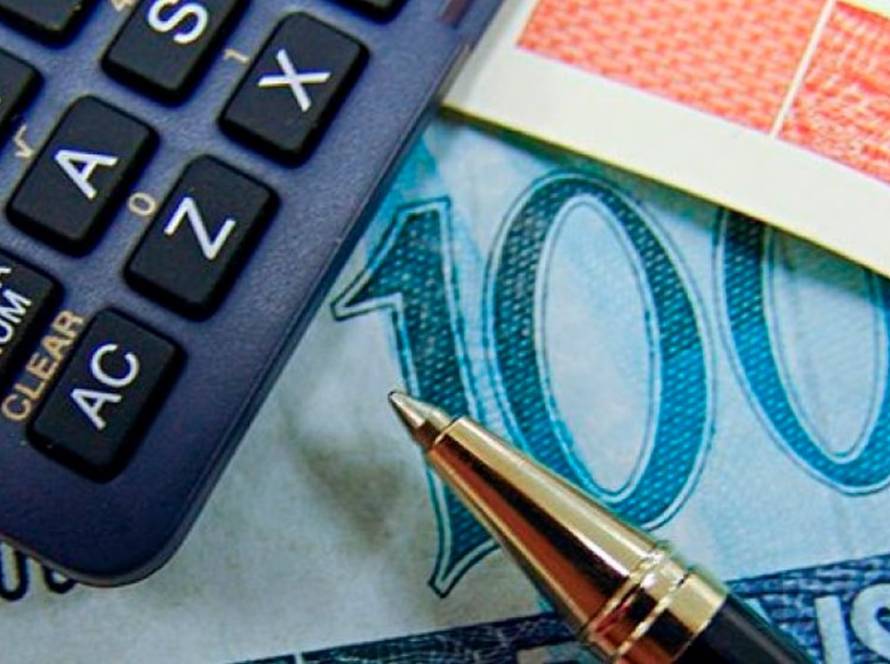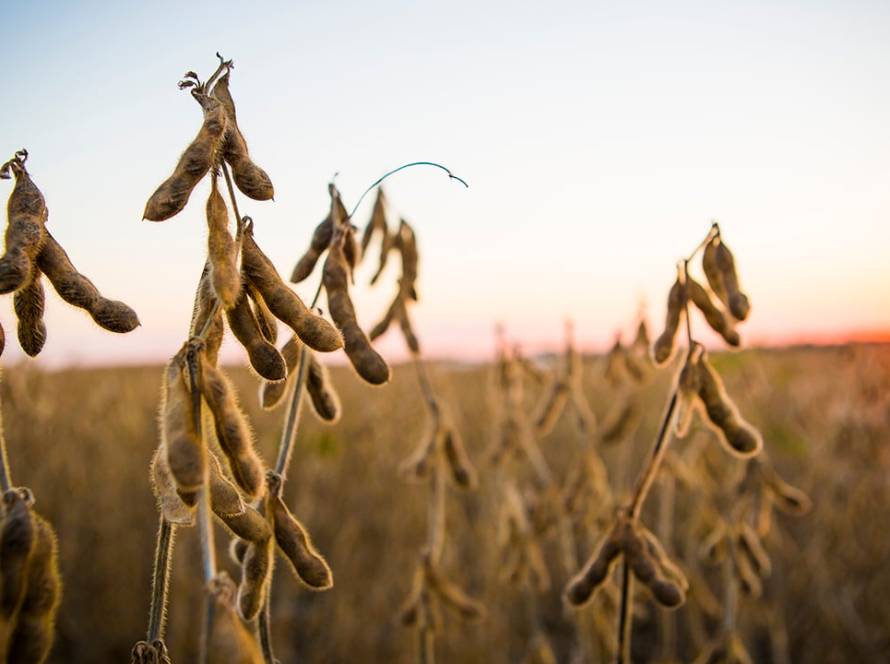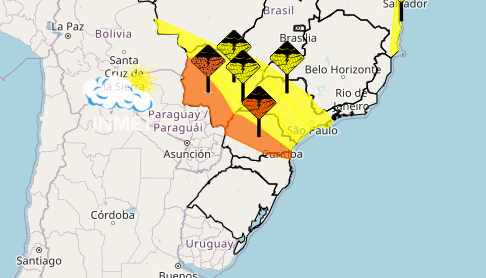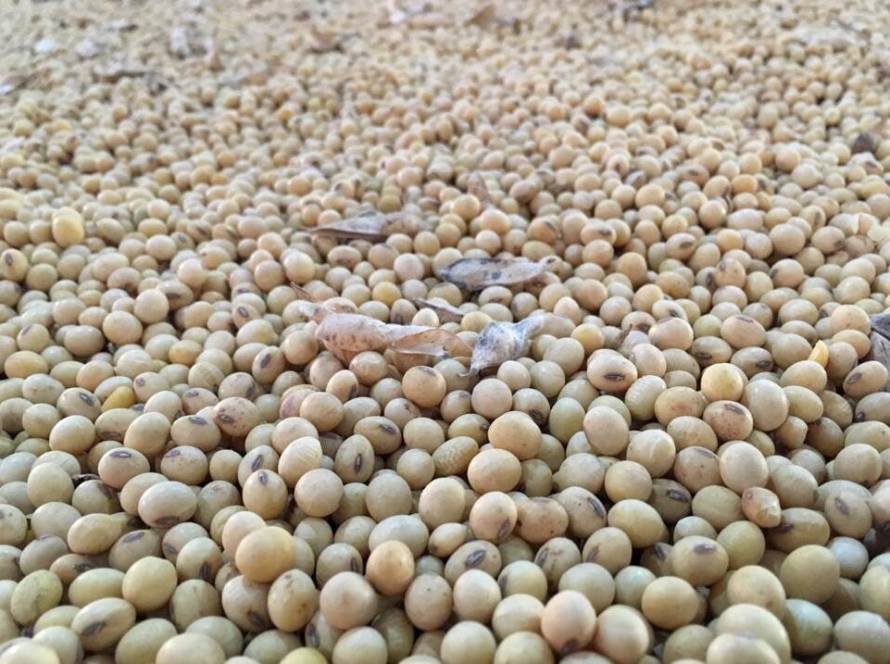A survey carried out by the Brazilian Association of Meatpackers (Abrafrigo) revealed that Mato Grosso exported 145 thousand tons of beef and results in the first quarter of 2025. The volume traded generated revenue of US$663.6 million — equivalent to R$3.8 billion — representing a growth of 171,000 tons compared to the same period in 2024.
In the national scenario, beef exports totaled 746.1 thousand tons, an increase of 11% compared to the first quarter of the previous year. In addition to the growth in volume, there was an appreciation of Brazilian products, with the average price rising from US$$ 4,033 to US$$ 4,399 per ton.
“China remains the largest buyer of Brazilian beef, moving R$7.9 billion and representing 41.31 million tons of the country’s meat product exports. This scenario is extremely positive for the sector, with excellent prospects for 2025,” says Bruno de Jesus Andrade, Project Director at the Mato Grosso Meat Institute (Imac).
Another strategic market, which tends to remain strong even in the face of the new second tariffs, is the United States — the largest importer of fresh meat, processed meats and edible offal. The country increased its purchases by 46.7% in the first quarter, rising from 112.2 million tons in 2024 to 164.6 million tons in 2025. Revenue also grew significantly, jumping from US$$ 330.2 million to US$$ 557.1 million — an increase of 68.7%.
“We have very positive expectations for the American market, even in light of the new global situation with the ‘tariff hike’. But we cannot fail to highlight countries like Chile and Algeria, which occupy the third and fourth positions among the main destinations for Brazilian beef,” says Andrade.
Mato Grosso currently exports to more than 80 countries, and there was an increase in beef purchases between January and March of this year. Another factor that reinforces the optimistic scenario is the opening of new markets, one of Imac's fronts of action.
“We are working on expanding into new markets, such as Japan and other East Asian countries. There is a growing international demand for Brazilian products, which should be boosted by initiatives such as the trade agreement between Mercosur and the European Union. We are optimistic about this year’s exports, which are likely to exceed 2024 figures,” concludes the director.




